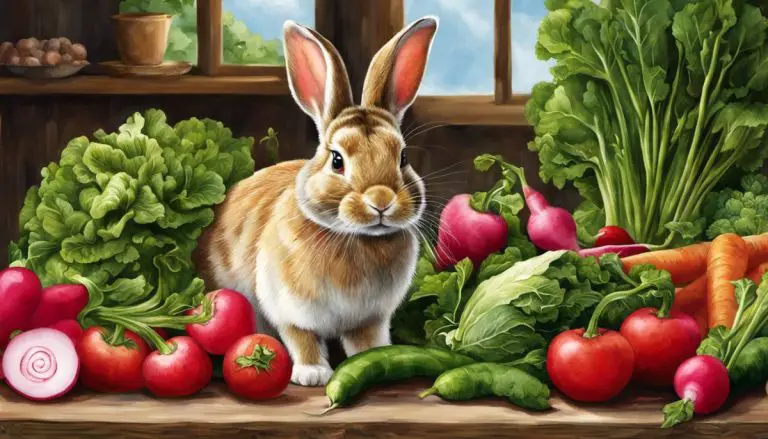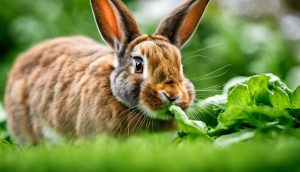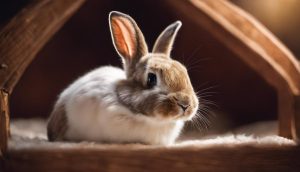From tempting fresh vegetables to tasty grains, the eating habits of rabbits are intriguing, a blend of simplicity yet necessary intricacy for sustaining their health. The purpose of this discussion is to delve into a rabbit’s typical diet, focusing on the balance required to maintain its energetic and healthy lifestyle. As we shift our focus towards one distinctive vegetable, the radish, we will examine its nutritional value and the potential benefits it may offer to our furry friends. The objective is to understand, with evidence and expert opinion, the safety and potential risks associated with feeding radishes to rabbits. So, can rabbits eat radishes? Let’s find out.
Understanding a Rabbit’s Diet
An Introduction to the Rabbit Diet and Inclusion of Radishes
Understanding the dietary needs of a rabbit involves knowledge about a blend of feed – hay, vegetables, pellets, water, and limited treats. It’s crucial to remember that the majority of their diet should be hay, aiding teeth maintenance and ensuring healthy digestive systems. Vegetables, too, play a role by providing the necessary nutrients vital for their overall health. Pellets, while crucial, must be offered sparingly due to their high calorie count while treats, particularly fruits, should be kept at a minimum on account of their high sugar levels.
Discussing radishes, they indeed can be consumed by rabbits, but it’s important to regulate the serving size and frequency. Despite their high vitamin C content and other beneficial nutrients that contribute to a rabbit’s health, they contain a substantial amount of water. If overeaten, this can cause digestive issues such as diarrhea. Worth noting as well is that radish leaves can be beneficial due to their high fiber content, crucial for a rabbit’s digestive health. All in all, radishes can be incorporated into a rabbit’s food supply but should comprise a minor part of the veggie component and should be introduced gradually to observe any possible adverse reactions.
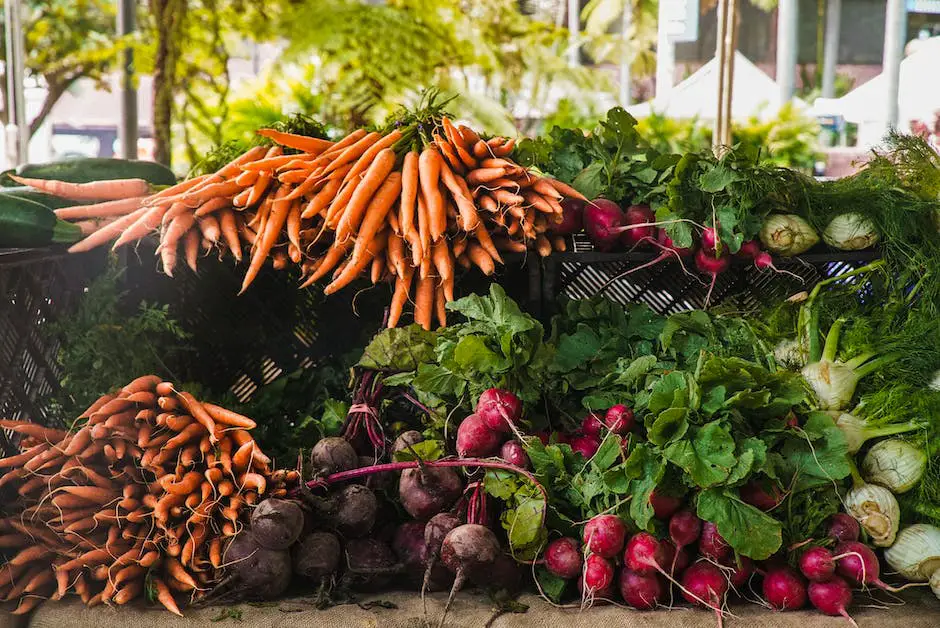
Radishes: Nutritional Profile and Potential Benefits
The Nutritious Profile of Radishes
Radishes are root vegetables that are crunchy, spicy, and have a peppery taste. They are best known for their comprehensive nutrient composition. Renowned as a potent supplier of vitamins C and B6, potassium, magnesium, calcium, and dietary fiber, they also contain small amounts of folate, riboflavin, and copper. Besides these, radishes have beneficial plant compounds like indoles and flavonoids, including zeaxanthin, lutein, and beta carotene. These compounds are recognized for their antioxidant characteristics, aiding in combating hazardous free radicals in the body.
The Nutritional Value and Benefits of Radishes for Rabbits
Radishes can be a healthy addition to a rabbit’s diet due to their high water content and rich supply of beneficial vitamins and minerals. Notably, radishes have a component known as indoles which may aid digestion and potentially provide protection against certain cancers. They can contribute to a rabbit’s varied diet, which ideally should be a mix of fruits, vegetables, and specially formulated rabbit food. Additionally, radishes have a crunchy texture that may help promote dental health by aiding in the cleaning of their continuously growing teeth. It is important, however, to remember that the unique flavor of radishes may not be appealing to all rabbits. Also, overconsumption could lead to digestive problems, thus it’s recommended that only small servings of radishes be offered intermittently as a treat.
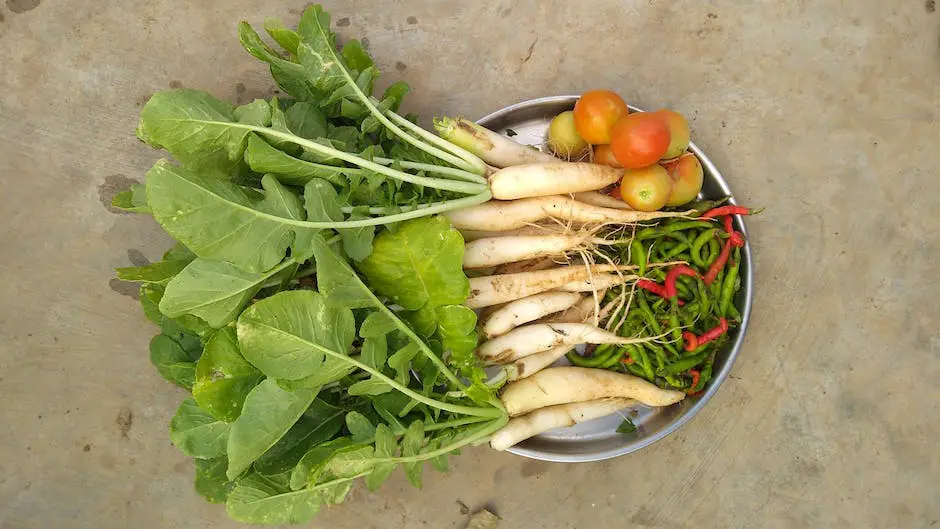
Safety and Risks of Feeding Radishes to Rabbits
Precautions and Possible Risks of Rabbits Eating Radishes
While radishes are not toxic to rabbits, they do contain a high level of natural sugars, which means they need to be given in moderation. Feeding rabbits too much sugary food can increase their risk of conditions like obesity, dental issues, and disruptions to the digestive system. Some rabbits may even find radishes hard to digest, which could lead to soft fecal matter, gas, or bloating.
Radishes are a good source of vitamin C, among other important nutrients, which can contribute to a rabbit’s overall health when offered in appropriate amounts. Even though rabbits produce their own vitamin C, sourcing it from food can be beneficial. It’s crucial to note though that not all vegetables are equally suitable for rabbits despite their known love for these foods. To ensure your rabbit’s optimum health, continuous monitoring and adjustment of their diet is necessary, alongside regular veterinary check-ups.
Professional Opinions on Feeding Radishes to Rabbits
Professional opinions and scientific studies reinforce that vegetables, including radishes, can be included in a rabbit’s diet but should not make up the majority of it. According to a study from the University of California, radishes should make up no more than 15% of a rabbit’s diet. The remainder of the diet must be comprised largely of hay or grass, with a smaller proportion of rabbit pellets and occasional treats. Some vets additionally caution against feeding radishes leaves to rabbits since there isn’t clear scientific evidence about their safety or nutritional benefits, hence, it’s better to err on the side of caution. Feeding a range of vegetables in moderation appears to be the safest strategy when it comes to rabbits’ diet plan.
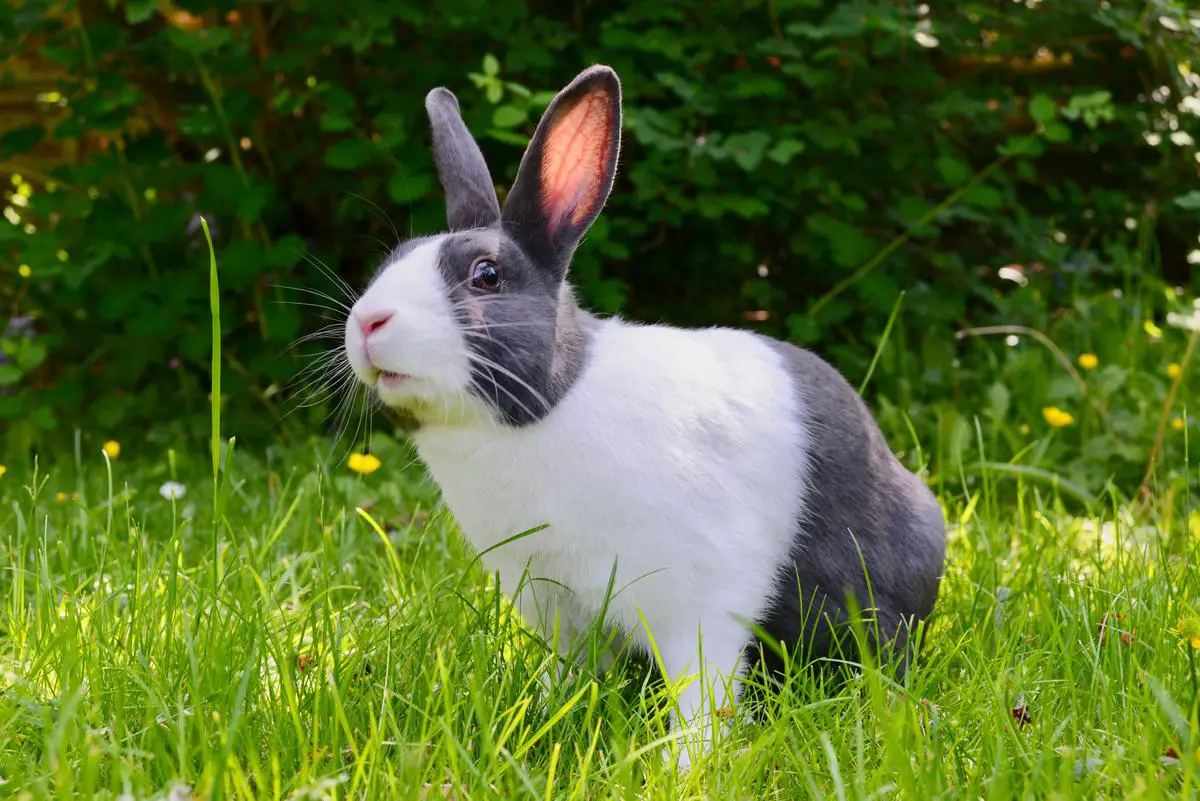
We’ve explored a rabbit’s dietary needs, scrutinized the nutritional profile of radishes, and elicited the possible advantages and risks of incorporating this vibrant vegetable into a rabbit’s diet. Taking into account the scientific evidence and professional opinions, it becomes clear that, like all foods, radishes should be offered in moderation. Understanding the complexities of a rabbit’s diet underscores the vitality of providing a balanced diet for optimal health. While radishes can be a part of their diet, they shouldn’t form the core; instead, they should complement an already nutrient-rich feed. Always remember, a happy, healthy rabbit is the result of a well-balanced diet.

